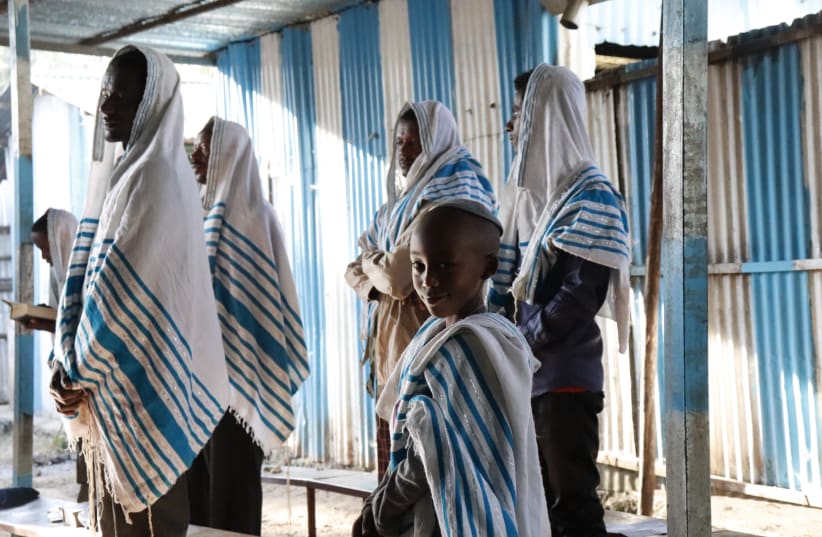As the COVID-19 pandemic has brought financial havoc among economies and communities across the world, a new COVID-19 relief fund has been set up by a the new Jews of Color Field Building Initiative, which aims to help "vulnerable" individuals in the US affected during this period.
“Systemic racism is amplifying the impact of COVID-19 on Jews of color and all people of color in the US," the initiative's executive director Ilana Kaufman said in a statement.
“We need to get funds into the hands of the most vulnerable, many of whom struggle daily to pay bills and put food on the table. And we are committed to both inviting applications and disbursing funds in ways that are transparent and reflect a welcoming environment for Jews of color," she added.
Eligible applicants are people of color in the Jewish community living in the US, including those who self-identify as Jewish; those who work or have worked for a Jewish communal organization; and those who are affiliated with organizations in the Jewish community.
Funding will be in the range of $250-$2,500 and is for individuals facing hardship and an inability to obtain basic necessities as a result of the COVID-19 crisis. These funds must be used for necessities such as rent or mortgage payment; transportation to work or medical appointments; utilities; groceries; medical bills; or funeral and burial expenses.
The fund is not a first come-first first-served basis. Instead, the initiative reviews applications in batches. When funds are available, qualified applications will be funded.
“Existing funding support systems are not necessarily operating in equitable ways,” Kaufman explained.
“Awarding funds through a competitive, ‘first-come, first-served’ process, for example, isn’t equitable when applicants’ lives and daily routines are drastically different from each other. Many people, particularly those who are vulnerable, aren’t in position to drop everything midday to fill out an application. So, it’s our responsibility to provide an accessible, light-lift application process that reflects the urgency and equity that this moment demands.”
